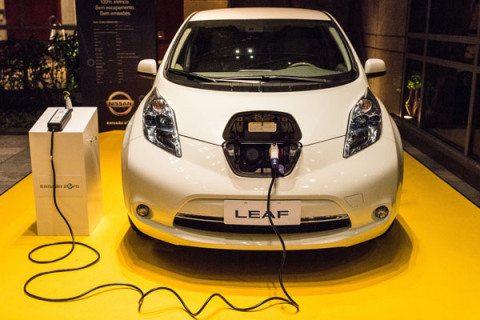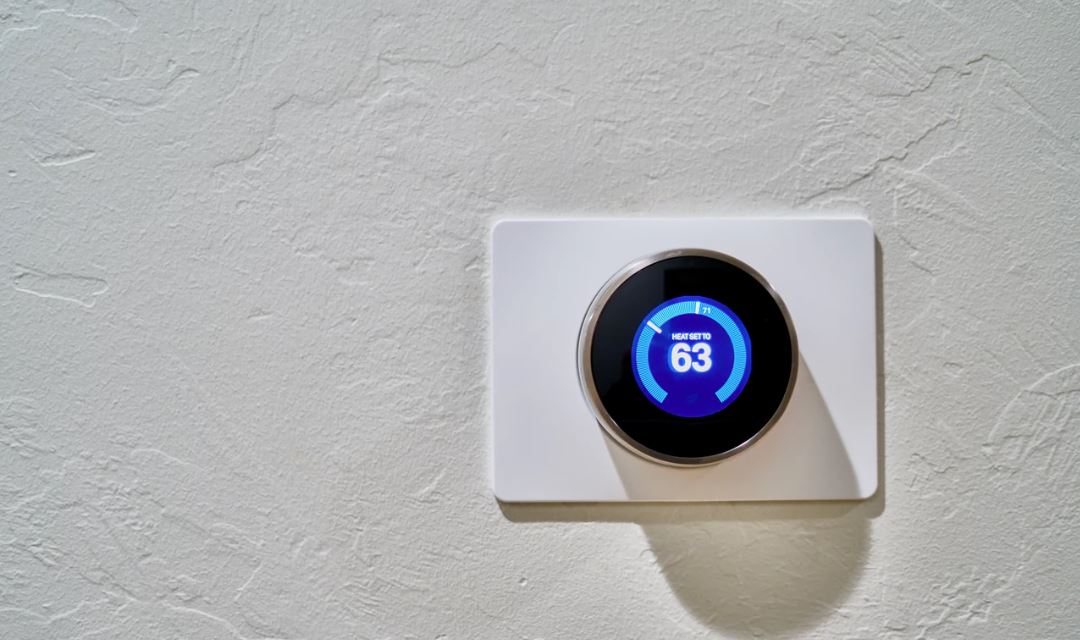It seems likely that the future of motoring will be electric. The release of Nissan’s new Leaf meant that there are now 36 non-petrol cars available to British buyers – and the Leaf is the first one to be made here.
Campaigners are now asking for government action to help promote motoring with batteries included.
The Institute for Public Policy Research asked for perks including no parking, road toll or congestion zone charges for electric motorists – a green badge matching the familiar blue badge for disabled drivers.
Law makers
Further afield, the European parliament is pulling out the legislative stops to boost production of electric cars.
Nissan are certainly putting a lot of money and effort into turning the Leaf – a rough equivalent is the Ford Focus – a genuine mass-market success story.
According to the Japanese firm’s chief executive, world-wide demand for electric cars will be 10% of all cars in just seven years. Along with Toyota, they want to be ready to lead the way in that niche.
British jobs
The Prime Minister put his weight behind the new Leaf, which provides lots of British job in the Sunderland plant that makes it.
The climate change experts who advise the government is pinning its hopes on 1.7 million Leaf-like cars chugging quietly on British roads by 2020.
Drivers seem to be coming round too. Perhaps the fuel price rises are starting to get the message that oil is a finite resource home.
The RAC’s latest polling had half of all drivers willing to buy alternatives to petrol engines and around a quarter already planning to buy a more ecologically sound car within five years.
Hybrids win out over pure electrics at the moment, but it’s a shift.
Good intentions
And, despite what the RAC has found about future intentions they also know that there are real barriers to electric cars becoming a genuine mass-market prospect.
The charging network must be good, people have to believe the cars have a long life. In Britain, many of us remember the ill-fated Sinclair C5.
So, while our intentions may be good, last year only around 1,300 pure electrics were sold in the UK. When it’s any alternative-car, the figures head towards 30,000 – conventional cars sell 2 million.
With consumer research finding that some electric cars couldn’t meet the claims they made on either charge duration or their green credentials, it seems likely that greener petrol and hybrid engines are likely to be the biggest contributors to reduced carbon emissions.
The RAC would like to see stop-start functions in more cars immediately.
Cash grants for buyers
Government has even gone so far as to give grants to electric car buyers. With more people looking to ocar leasing options like those from Frontier Leasing deals to bring down car prices, a £5,000 cheque may well sway some consumers.
There are tax breaks once they are up and running too. As car leasing deals often include tax, it may well help them become more attractive in this important part of the market.
Things have changed since the early days of motoring. Electric cars were initially a neck-and-neck competitor with the internal combustion engine.
And, if you believe some conspiracy theorists then it’s only a deadly deal between Big Oil and the motoring industry that have stopped them ruling the roost now.
Cormac Reynolds is a auto writer with a strong love of the electric car. He has written articles on electric cars for a number of blogs.
Electric Cars Could Finally Be Making A Charge





